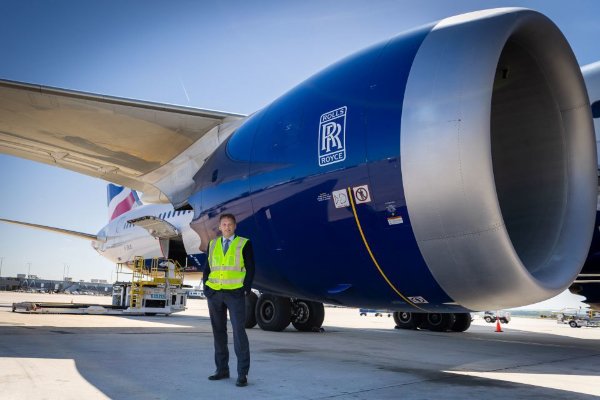Climate campaigners have accused some of the world’s leading airlines of peddling ‘turbojet greenwash’ to customers as a new investigation raises serious doubts over the real impact of forest protection schemes used by the airlines to offset their carbon emissions.
Recently, easyJet unveiled plans to become the world’s first airline operating ‘net-zero carbon flights’; Delta claimed to be set to become the ‘first carbon-neutral airline globally’ and British Airways now allows its customers to pay a small fee to ‘fly carbon neutral’.
Air France, Iberia, Qantas and United Airlines have all unveiled similar programmes designed to offset passenger emissions through protecting forests.
But a major investigation by the Guardian and Unearthed found no evidence that the offsetting schemes used to justify these eye-catching claims have produced enough carbon savings to back them up.
‘Phantom credits’
Investigators used state-of-the-art satellite analysis and talked to several experts and government officials to probe the efficacy of 10 reduced deforestation schemes used by the airlines to compensate for their emissions.
The findings reveal the companies’ claims about carbon neutrality are relying on ‘phantom credits’ based on carbon savings that can’t be verified and may be exaggerated.
Avoided deforestation schemes, also known as REDD+, generate and sell carbon credits based on the amount of deforestation they claim to prevent.
In order to work out these carbon savings, each project draws up a baseline scenario trying to predict how much deforestation would take place if the project didn’t exist.
Although the scenario is hypothetical, offsetting schemes use deforestation rates in comparable areas of nearby forest, so-called reference regions, to come up with an estimate.
Investigation findings
Satellite analysis of tree cover loss in the projects’ reference regions, carried out by leading consultancy McKenzie Intelligence Services, found no evidence of deforestation in line with what had been predicted by the schemes.
The analysis of schemes backed by BA, easyJet and United suggest the scale of the carbon benefits they offer is impossible to verify and may be exaggerated.
An easyJet-backed offsetting project in the Peruvian Amazon is run by two logging firms that have cut down tree species declared ‘vulnerable’ by the IUCN red list.
 Play Video about This Rock Might Just Save The World
Play Video about This Rock Might Just Save The World Play Video about Play 2 hours of rock
Play Video about Play 2 hours of rock Play Video about Play 2 hours of brook
Play Video about Play 2 hours of brook Play Video about Play 2 hours of sheep
Play Video about Play 2 hours of sheep













































